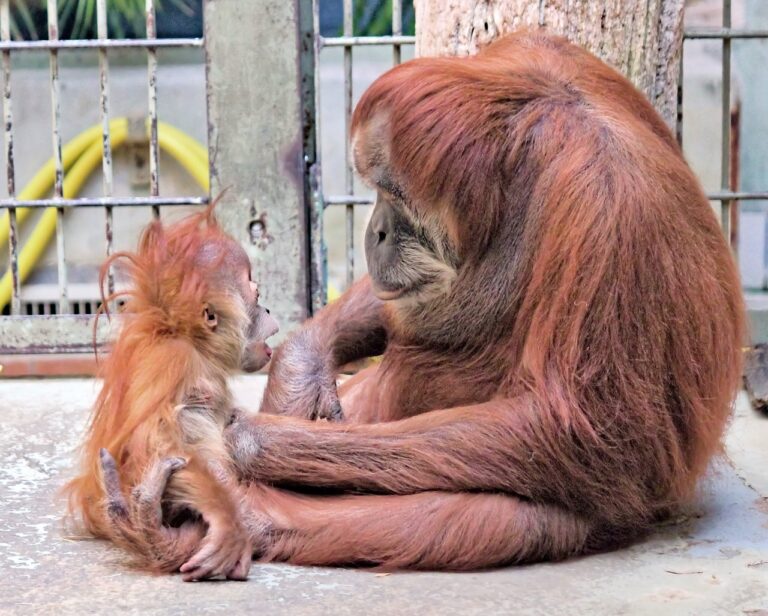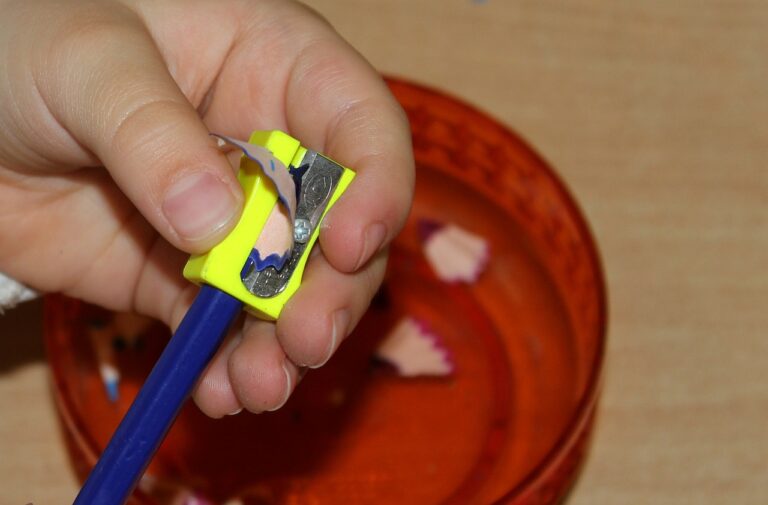Strategies for Promoting Culturally Inclusive Special Education Services
Cultural barriers in special education services can present significant challenges for students, families, and educators alike. One common barrier is the lack of cultural understanding and sensitivity among teachers and staff. This can lead to misunderstandings, miscommunication, and a failure to provide appropriate support that takes into account the diverse cultural backgrounds of students.
Another cultural barrier can arise from differing beliefs and values between the school system and the families of students receiving special education services. For example, some families may have cultural beliefs that affect their perceptions of disability and appropriate educational interventions. Failure to recognize and respect these beliefs can create tension and hinder the collaboration between school and family in supporting the student’s educational needs.
Understanding the Importance of Cultural Competency in Special Education
Cultural competency plays a vital role in providing effective special education services to diverse student populations. It involves understanding and respecting the cultural backgrounds, beliefs, and values of individuals and families receiving these services. By embracing cultural competency, educators can create a more inclusive and supportive environment for all students, regardless of their cultural differences.
Failure to address cultural barriers in special education can lead to misunderstandings, miscommunication, and ultimately hinder the success of students with disabilities. Developing cultural competency allows educators to better collaborate with families, honor their unique perspectives, and tailor educational strategies to meet the individual needs of each student. It fosters a sense of trust and partnership between educators, families, and students, paving the way for more successful outcomes in special education.
What is cultural competency in special education?
Cultural competency in special education refers to the ability of educators and service providers to understand and effectively interact with individuals from diverse cultural backgrounds, taking into account their beliefs, values, and practices.
Why is cultural competency important in special education?
Cultural competency is important in special education because it helps ensure that all students, regardless of their cultural background, receive equitable and effective support and services. It helps educators better understand and address the unique needs of students from diverse cultural backgrounds.
How can cultural barriers impact special education services?
Cultural barriers can impact special education services by creating misunderstandings, miscommunication, and mistrust between educators and students from different cultural backgrounds. This can lead to ineffective support and services that do not address the specific needs of these students.
How can educators improve their cultural competency in special education?
Educators can improve their cultural competency in special education by actively seeking to learn about different cultures, engaging in professional development focused on cultural competency, and developing relationships with students and families from diverse cultural backgrounds.
What are some strategies for promoting cultural competency in special education?
Some strategies for promoting cultural competency in special education include incorporating diverse perspectives into the curriculum, providing training on cultural awareness and sensitivity, involving families and communities in the education process, and fostering a inclusive and welcoming school environment.






